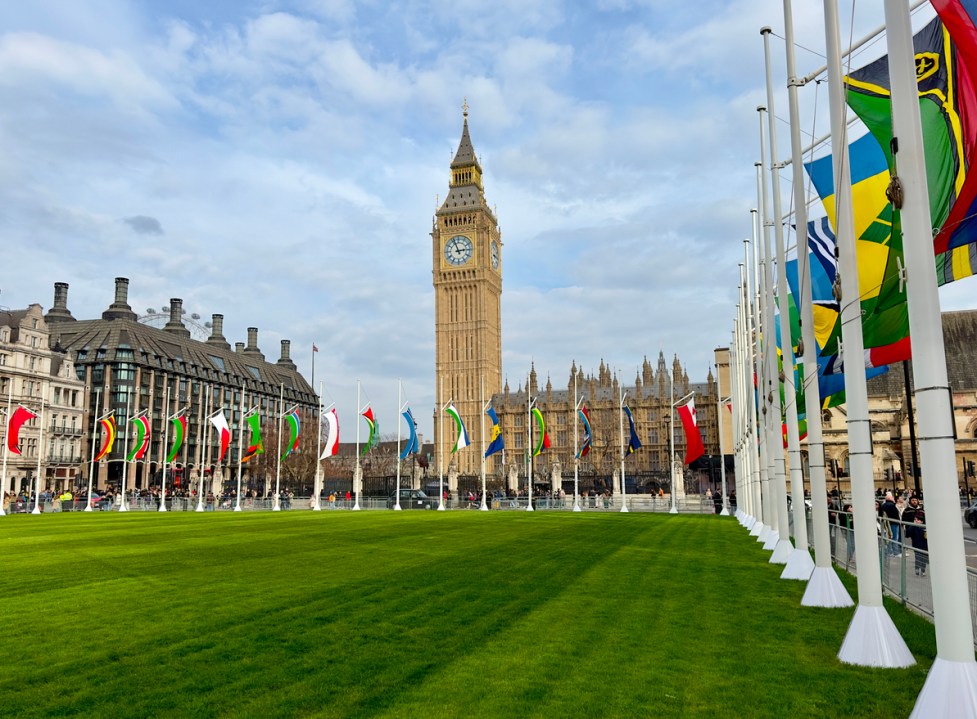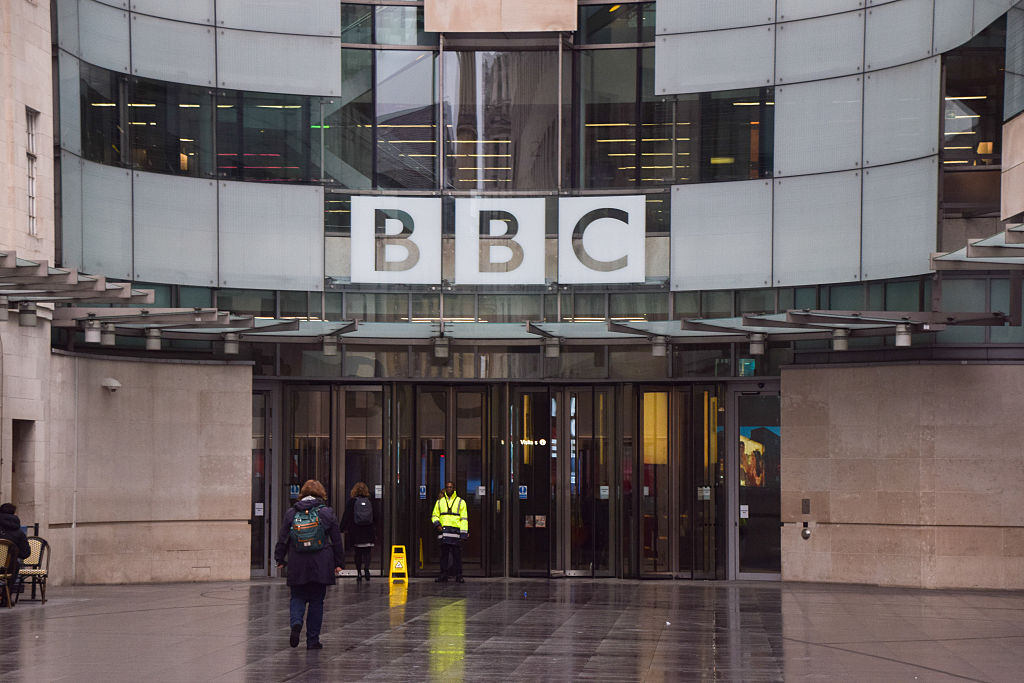The Commonwealth is outdated, pointless and increasingly irrelevant. What better time to point this out than on the day when this historical oddity – born out of the ashes of the British empire – begins its biennial shindig? The 27th meeting of the Commonwealth heads of government summit gets underway in the Pacific island of Samoa today – with a plentiful dose of pomp and ceremony – under the official theme, ‘One Resilient Common Future: Transforming our Common Wealth’. Who dreams up this stuff?
It is the first time the event is being hosted by a Pacific island nation and the first time King Charles will deliver the opening address as head of the Commonwealth. The Prime Minister Keir Starmer also gets to take part for the first time.
All three candidates to succeed Patricia Scotland have said they support reparations for countries affected by slavery and colonisation
Formed in 1949, the Commonwealth mainly consists of former British colonies. Some members have never been British subjects, such as Rwanda and Mozambique, who joined in 2009 and 1995 respectively. The organisation describes itself as a voluntary association with shared goals to protect the environment, boost trade, support democracy and promote education and gender equality. Who could disagree with that shopping list over dinner and drinks? Just don’t expect anything meaningful or lasting to come of it. Members are supposedly united through common values and shared histories, so much so that the Commonwealth is often described as a ‘family of nations’. It is certainly a family but of the dysfunctional kind, spending much of its time squabbling over this and that.
More significantly, the organisation is open to accusations of paying mere lip service to the really big things like the rule of law and human rights. Over half of the world’s countries where same-sex marriage is criminalised belong to the Commonwealth. Uganda openly persecutes gays. Sri Lanka remained a member throughout its civil war, a period marked by allegations of war crimes. Pakistan is no haven for its religious minorities. Yet there is barely a threat of any real consequences from the other members of this cosy little club – and certainly not in public.
Some issues are too divisive even for open debate. All three candidates (from the Gambia, Ghana and Lesotho) to succeed Patricia Scotland – the British peer and former attorney general who has been secretary general since 2016 – have said they support reparations for countries affected by slavery and colonisation. Dream on, is the British government’s official response, insisting that the issue is not on their agenda in Samoa. The UK government will not apologise over Britain’s role in the transatlantic slave trade, Downing Street has said. It also made clear that the government will not be paying financial reparations for slavery.
Last year, the King spoke of his ‘greatest sorrow and regret’ at the ‘wrongdoings’ of the colonial era on a visit to Kenya , but stopped short of an apology, which would require the approval of the government. Labour’s stance is the same as the previous Conservative government’s. Last year, Rishi Sunak rejected the idea of apologising and said ‘trying to unpick our history is not the right way forward’. Opponents of an apology point to Britain’s prominent role in ending slavery, including legislation in 1807 to abolish the slave trade. The refusal to cede ground on this issue will not go down too well with some of the other Commonwealth leaders. Expect to hear little meaningful or substantive on this particular issue when the usual milk and honey declaration, together with a clarion call for action, emerges at the end of the summit.
To be fair, the Commonwealth is not all bad. Its scholarships and internships for young people are a force for good. So too are many of its cultural and educational outreach programmes. It also provides a voice of sorts for some smaller nations lacking a global platform. The problem is that this is not enough to justify its continued existence. It is hard to think of one meaningful intervention from the organisation that has resonated more widely. It has no real or effective powers to make policy and there are too many member nations with their own agendas to formulate a clear stance on the major issues of the day, such as the wars in Ukraine and the Middle East. Nor does it possess any formal enforcement mechanism by which member states can be ordered to adhere to the rule of law or basic human rights.
In short, all the Commonwealth can really do is talk and then talk some more, as this week’s gathering in Samoa will only confirm. Someone should call time on its labours and put everyone out of their misery.









Comments